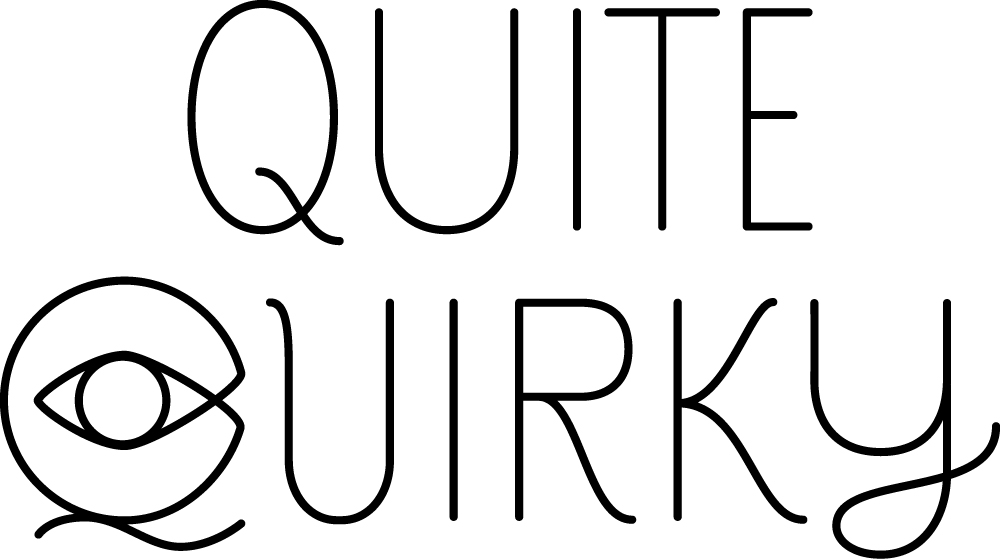BOYHOOD, to me, is a masterpiece. The film made me feel high. It touches upon family, divorce, depression, social standards, finding oneself and dips into the cultural differences of the South (Texas).
The film projects drama with perfect dashes of comedy (I was belly laughing in some scenes) and a few details of suspense (i.e. when the kids were breaking the wood with the blade in the background and when Olivia’s second husband was driving drunk with the kids in the car).
A major component that really struck me, in terms of narrative (both situational and subject to each character), was the psychology and social conditioning carefully intertwined into the story.
In one of the first scenes we see Patricia Arquette’s character, OLIVIA, arguing with her boyfriend. She says, “I had a mother and now I am a mother”. In her mind, those words counter balance a particular lifestyle, which propels her social conditioning types of choices.
Furthermore, her character also goes back to school for psychology. In one scene where Mason drops into one of her classes we see her preaching about the mind, social philosophies, etc… She wants to create a “normal” family world for her children. Linklater does an excellent job highlighting what is normal to each character. In Olivia’s mind (Arquette), she’s putting her kids first, however, she’s really responding to the conditioning of the correct thing to do in society by living under a roof with a man, allowing her kids to call someone “dad”. That idea of normal that she chases, may not be what’s best for her and her kids as we later see that she marries not one but two alcoholics. Mason’s idea of “normal” is just his mom, his sister and his estranged father. That works for him.
At the end of the day, whether you’re a kid or an adult, everyone is really just figuring it out. One of Ethan Hawk’s final lines in the movie is “Were all just winging it”. Although this film is entitled BOYHOOD, it could really be called ADULTHOOD as every character evolves through the leaps and bounds of life.
Hawk’s character, Mason SR., does not know how to be a “normal” father at first. He’s estranged, not around much, lives life like a reckless teenager, however, above it all, he does love his children. As time progresses, he grows up and takes a different (a slightly less normal path) on becoming the best possible father he can be.
BOYHOOD is like an anthology collection of many shorts. Variety’s review accounts that the film contains 143 scenes. Interaction with time carries on the story. The only evolvement we rely on are the aesthetic changes that the characters go through in terms of aging and the changes in history and pop culture.
I read a review where the critic said “Fixating on imperfections while discussing “Boyhood” would be as petty as criticizing the sculpting of individual stones in a cathedral. The totality matters” and I honestly could not agree more. You can find criticism in anything that is looked upon up close, however, as a whole, BOYHOOD is a solid work of art.

